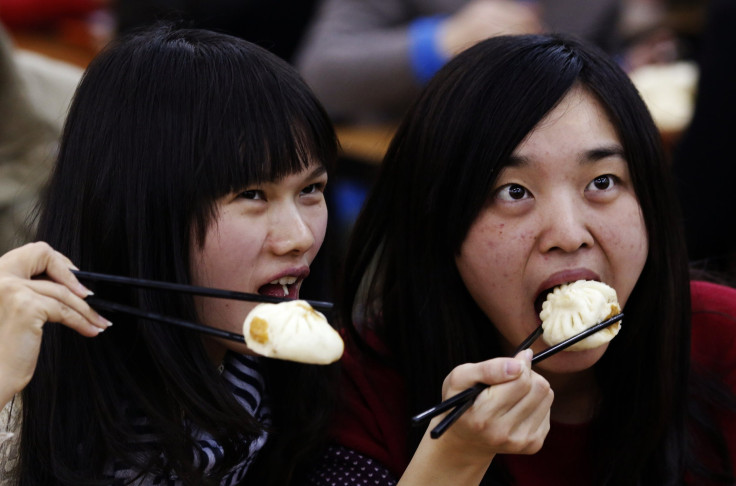American Coffee Chain In Final Stages Of Being Acquired By Chinese Bun Maker Goubuli

Chen Guangbiao isn't the only Chinese entrepreneur to set sights on buying American companies. Chinese bun maker Goubuli announced that it is in the final stages of negotiations to acquire an American coffee chain.
Zhang Yansen, chairman of Goubuli, a Chinese brand renowned for its steam buns, told the Chinese press that the American coffee chain that is being acquired has hundreds of shops in 40 countries spanning the U.S., Europe and Asia, the Wall Street Journal reported on Sunday.
Following the comments, many have wondered with which chain Goubuli has been negotiating. Starbucks Corporation (NASDAQ:SBUX), with a market cap of $58 billion and stores in 50 countries, isn't a likely candidate, while Dunkin’ Donuts, which is owned by the Dunkin Brands Group Inc. (NASDAQ:DNKN), has more than 10,000 restaurants in 32 countries. A representative for the more modest Coffee Bean & Tea Leaf said it isn't the company in talks with Goubuli.
While Goubuli, based in the northern Chinese city of Tianjin, is a widely recognized brand in China, it is virtually unknown in the west, and little is known of its financial capabilities. The company has yet to list publicly, though it applied for listing in 2012. The delay may be due to China’s 15-month moratorium on new initial public offerings.
Zhang told the Chinese press that he hopes to use the coffee chain’s network abroad to bring higher-quality Chinese food to the U.S. market, according to the Wall Street Journal.
Chinese acquisitions of American companies have become more common in recent years. In 2012, Dalian Wanda Group purchased AMC Entertainment, the second-largest U.S. movie theater chain, for $2.6 billion, a record-breaking acquisition until Shuanghui International purchased Smithfield Foods, Inc. (NYSE:SFD) for $4.7 billion in 2013.
Most recently, Chinese entrepreneur Chen Guangbiao made headlines on both sides of the Pacific Ocean, when he first announced intentions to purchase the New York Times (NYSE: NYT), and when rebuked, set his sights on the Wall Street Journal instead.
© Copyright IBTimes 2024. All rights reserved.





















